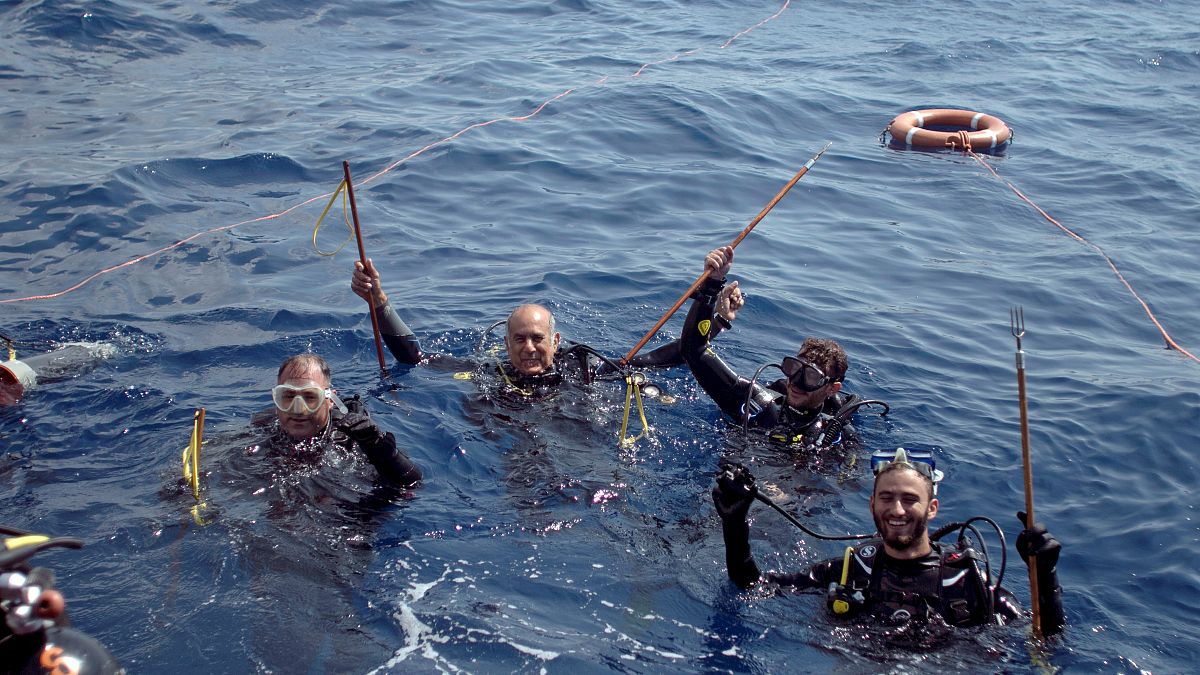With the invasion of lionfish in the eastern Mediterranean reaching worrying levels, an EU-funded initiative is promoting the fish as food in Cyprus.
With the invasion of lionfish in the eastern Mediterranean reaching worrying levels, an EU-funded initiative is promoting the fish as food in Cyprus.
The lionfish has arrived in increasing numbers in recent years due to warmer water temperatures and the expansion of the Suez Canal. The deceptively beautiful fish is dangerous, with a toxic sting in its dorsal fins.
The first sighting of the lionfish in the Mediterranean Sea was in 1991 but it was not seen again until 2012. This year has seen "plague-like proportions" of the species across the eastern Mediterranean says marine biologist Jason Hall-Spencer.
Spawning every four days, the lionfish can lay up to two million eggs every year and has no natural predator. This accounts for the exponential increase of the fish's population in recent years, which is virtually wiping out all other marine life.
Once the venomous spine is removed, the lionfish is totally safe to eat and allegedly extremely tasty. As a part of the project to reduce its population, chefs have been drafted in to give public presentations on gutting the fish.
"We hope that humans can become the enemy of the lionfish in the Mediterranean," Periklis Kleitou, a researcher at the University of Plymouth.
The university, among other institutions. is engaged with the project to promote lionfish as a source of food for locals.
Signs of the campaign are dotted all over Cyprus, with one poster of a lionfish in Larnaca marina reading "Wanted, Dead or Fried."
